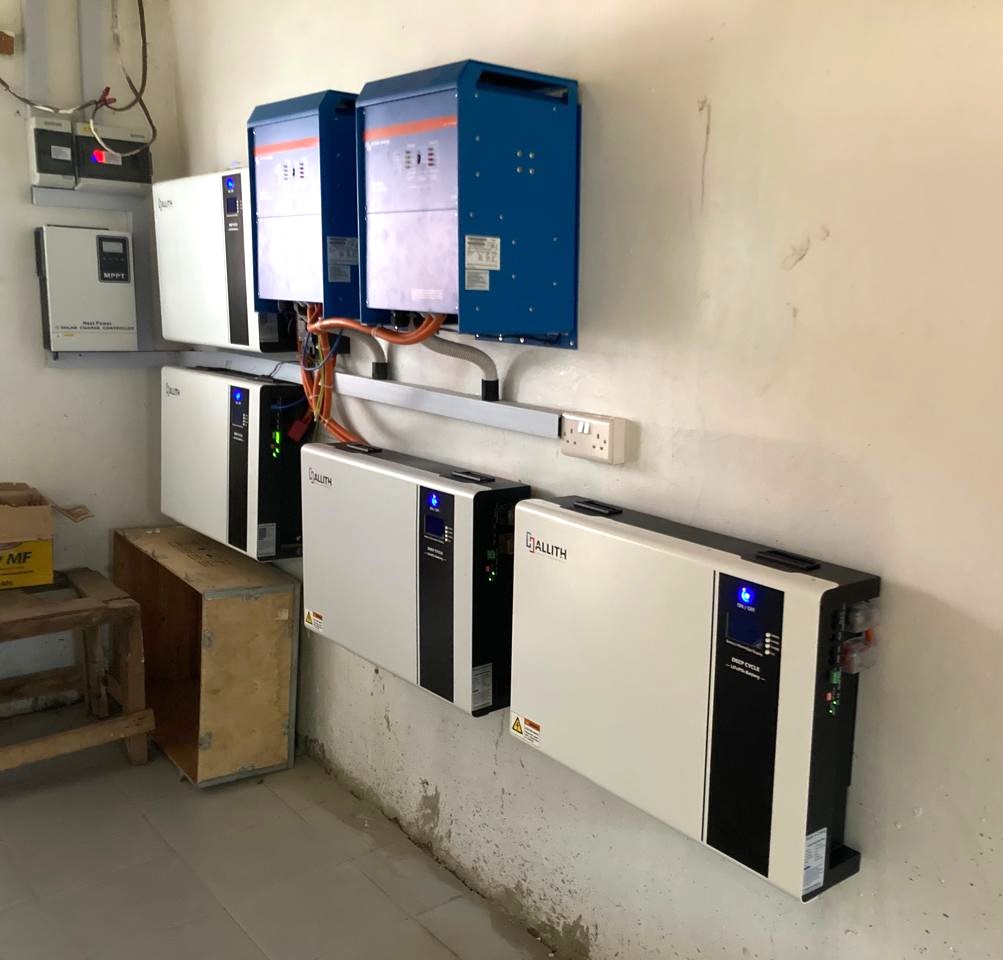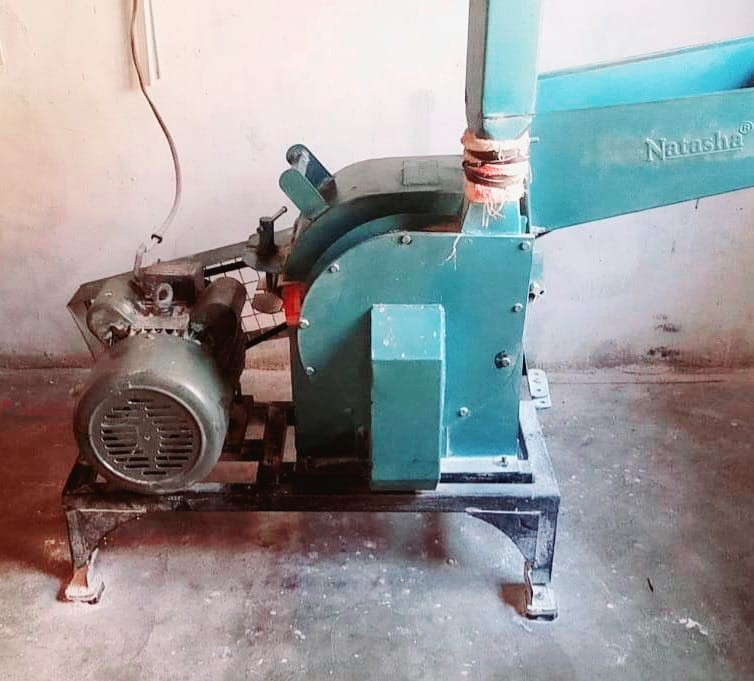When Friends of JAMS launched its Sustainability Initiatives for Give DeKalb County in May 2024, we had no idea that our donations would make a difference so fast.
The Solar panels were installed in May and June 2024 and started in July to deliver electricity 24/7/365. The photo shows the Control System, complete with batteries that store electricity for use at night and on rainy days. Unlike the surrounding community, lighting and computers are always available at JAMS, and the freezers protect frozen meat and other food around the clock.

Friends of JAMS board member Sam Ochieng explained, “In Kenya, electricity comes and goes. The central government decides where blackouts will occur, but they don’t always share that information.” Blackouts sometimes last two weeks or more. When they hit the JAMS-area community, people ask, “Why are the lights on at JAMS when we are in the dark with no power?”
JAMS has been serving as a model of excellence in high school education and is now becoming a model of sustainability for the region and especially for schools. Besides being available 100% of the time, JAMS electricity is free.
- JAMS uses solar power to draw water, while other schools spend an average of $1000 per month on electricity to pump water.
- JAMS formerly spent about $500 a month on electricity to operate the grinder that turns corn into flour for cooking. The grinding, done once or twice a week, is cost-free with solar electricity.

- When JAMS students go home for vacations, they quickly realize the benefits from free solar power at school.
Similarly, biogas converted from animal waste is supplying a dependable source of free power for cooking. In the past, JAMS has used a variety of sources to power the cookers in its kitchen. Propane became increasingly expensive and the supply unreliable. Firewood and charcoal are hard to access, damaging to the environment, and not sustainable.
The efficiencies made possible by these sustainability initiatives have reduced JAMS’ expenses, helping to keep tuition low, as well as building JAMS’ reputation as a role model for environmentally-sound operations.
Many thanks to Friends of JAMS donors who have made these efficiencies possible!
